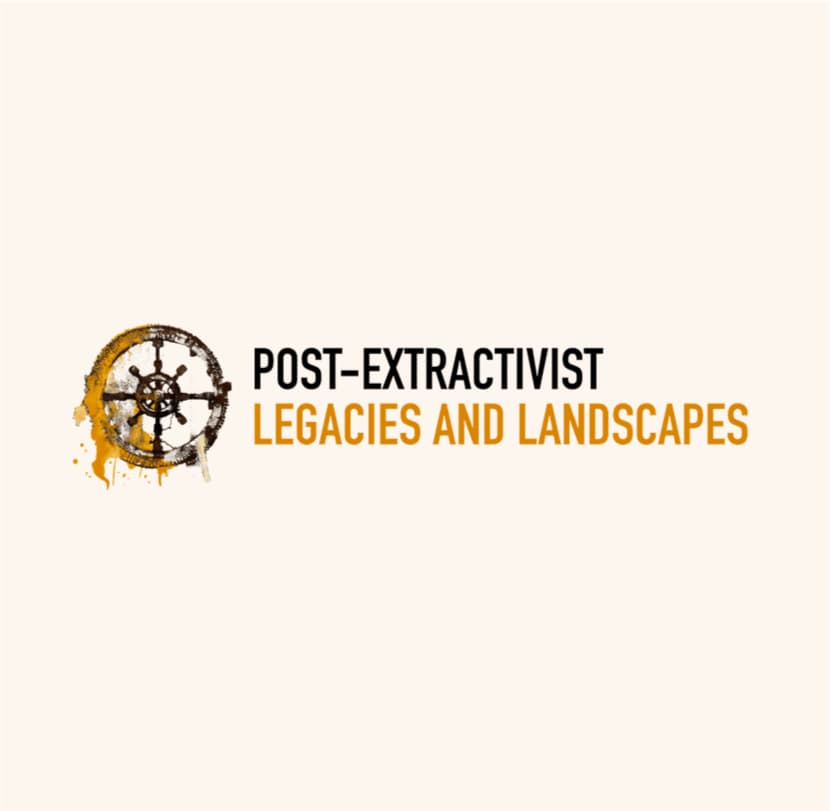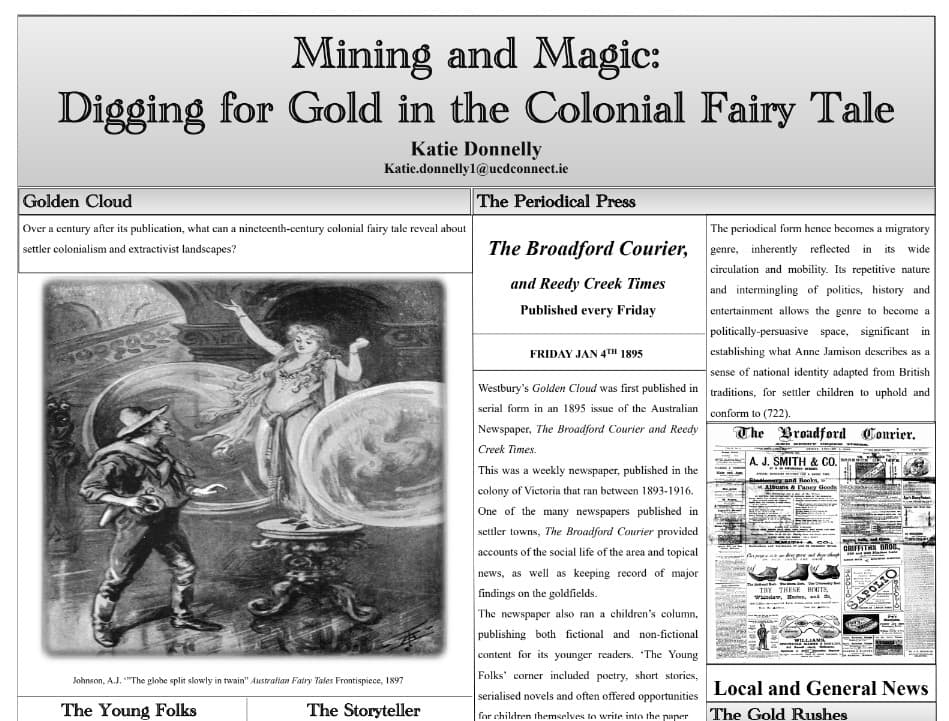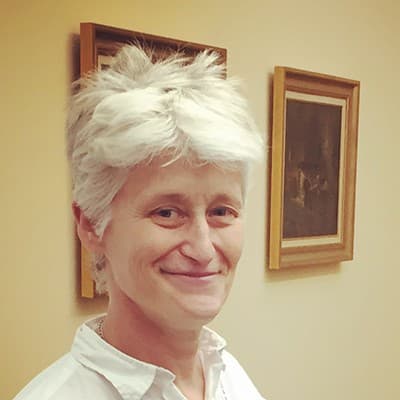Lines on the land: Slow violence and the geometry of dispossession in late imperial Central Asia
UCD Humanities Institute Seminar Room (H.204) and online
Feb 22, 4:00 pm–5:30 pm
Assoc. Professor Jennifer Keating (UCD) will deliver the third seminar, ‘Lines on the land: Slow violence and the geometry of dispossession in late imperial Central Asia’ in our Methodologies concerning Extractivism series on Thursday 22 February at 4pm. The seminar will be held in the UCD Humanities Institute Seminar Room (H.204)
Abstract: This paper explores the relationship between empire, environmental change and violent conflict in Central Asia during the closing years of Russian imperial rule. It focuses on imperial land dispossession, considering how policy and practice impacted rural ecosystems and local communities (particularly Kazakh and Kyrgyz pastoralists) in the east of what was the Governor Generalship of Turkestan; a region of mountain foothills, plains and river valleys close to the Chinese border. It highlights in particular the destructive nature of the ‘slow violence’ (Nixon, 2011) of land survey and redistribution, linking this explicitly to the explosion of anti-colonial unrest in the east of Turkestan during 1916, both in terms of understanding the roots of violence and the form that this conflict took in rural areas. Knitting together the events of a massive anti-colonial revolt in which upwards of 300,000 people were killed and deeper-seated environmental marginalisation, the paper offers some thoughts on the temporalities of extraction and on the architectures that enabled extraction to take place.
Associate Professor Jennifer Keating is a historian of imperial and early Soviet Russia and Central Asia, working on the Russian empire in the late nineteenth and early twentieth centuries. Jennifer’s research interests lie in using environmental history, spatial history and political ecology to explore the idea and practice of imperialism across Eurasia, and in tracing the ways in which ecological change and shifting practices of land use were integral to the years of conflict that marked the end of the empire and the birth of the new Soviet state. Her recent monograph On arid ground: Political ecologies of empire in Russian Central Asia, 1881-1916 (OUP, 2022) offers for the first time a comprehensive assessment of the environmental imprint of Russian colonisation in Turkestan, and was awarded the 2023 Royal Historical Society Gladstone Prize.
For online attendance please register via the link below.
Register


